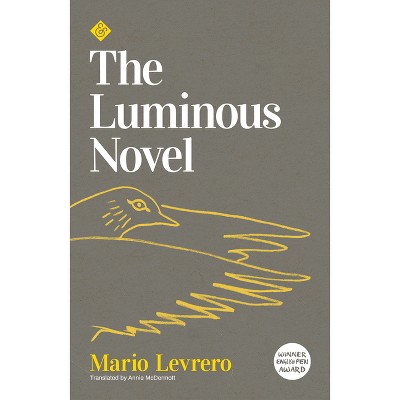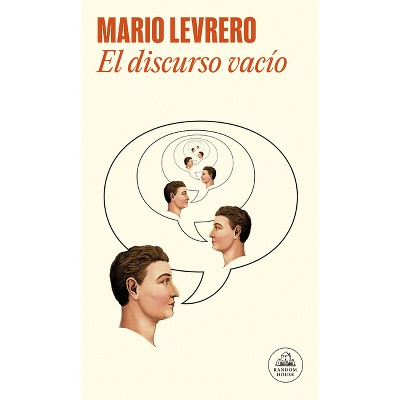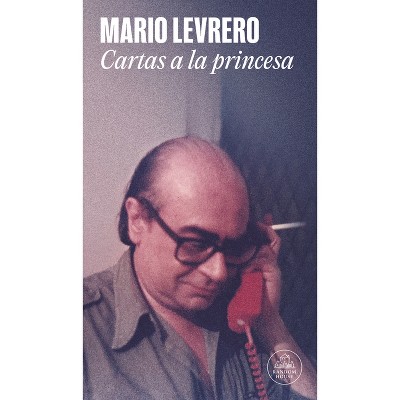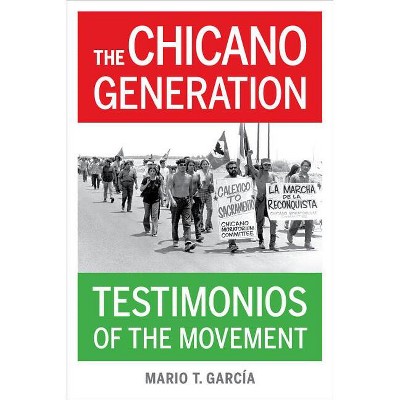Sponsored

The Thinking-About-Gladys Machine - by Mario Levrero (Paperback)
In Stock
Sponsored
About this item
Highlights
- Widely viewed as one of the most inventive bodies of work from 20th-century Latin America, Mario Levrero's writing is distinguished by its bounteous imagination.
- About the Author: Mario Levrero was born in Montevideo, Uruguay, in 1940 and died there in 2004.
- 176 Pages
- Fiction + Literature Genres, Literary
Description
Book Synopsis
Widely viewed as one of the most inventive bodies of work from 20th-century Latin America, Mario Levrero's writing is distinguished by its bounteous imagination. In none other of the author's books is this imagination so clearly on display as in The Thinking-About-Gladys Machine, his 1970 debut collection of stories. It gathers a variety of Levrero's earliest and most formally inventive publications, ranging from dazzling single paragraph micro-fictions à la Donald Barthelme to adventurous Lewis Carroll-esque tales of forty pages' length.
From the shocking surreal twists of 'Beggar Street' to the Escher-like grammatical maze of 'The Boarding House', via the pseudo-fairy tale classic 'The Basement', this book explores uncanny domestic spaces, using the structures of the stories themselves as tools for re-inventing narrative possibility.
Review Quotes
"These stories contain Levrero's most secret side and, in a way, 80% of the DNA that made him an extraordinary writer." --Fabián Casas
"One of Latin American literature's most balanced and well-constructed books." --Elvio Gandolfo
"Stories that play with space, an absurd space when looked at with logic. And that is exactly the challenge that Levrero sets the reader: to read from their imagination, from that place where anything is possible, where fears, phobias and obsessions have free rein." --Tati Jurado, El libro durmiente
"We are all his children." --Álvaro Enrigue
Praise for The Luminous Novel
"The diary may be a museum of unfinished stories, but a story, The Luminous Novel shows, doesn't need to be finished to have its own meanings -- the largest of which may be that the transcendental experience Levrero is after has been visible all along." --Adam Thirlwell, New York Times Book Review
"A masterwork ... Levrero's big problem, consuming him throughout the book, is that he's won a Guggenheim fellowship to write a novel that is overly ambitious to the point of being impossible. ... Levrero delights in not meeting his obligation to Guggenheim ... Fans of Perec, Coover, and other experimentalists will enjoy Levrero's epic struggle not to write this book." --Kirkus, starred review
"The Luminous Novel could qualify as a new instalment in the literature of boredom, except that it's too charmingly, haplessly funny to be boring." --Lily Meyer, NPR
"An affecting and hilariously digressive account of the anxieties of the creative process." --Ángel Gurria-Quintana, Financial Times Books of the Year
"It compels our attention. More than this: as it lurches on in its awkward, clumsy way, with all the grace of a circus bear negotiating a tightrope, it grips our imagination in ways we cannot readily pin down . . . an improbably enthralling reading experience."--Times Literary Supplement
"This is procrastination as high art. Levrero makes the quotidian seem extraordinary. You may not think you're interested in the purchase of a new armchair, but it's described here with such surprising humour and drama that its significance begins to feel cosmic . . . The Luminous Novel was originally published in Spanish in 2005, a year after the author's death. This knowledge of mortality makes his continual terror that time is slipping through his fingers yet more poignant. Every wasted moment in this book feels precious." --Sam Jordison, The Guardian
About the Author
Mario Levrero was born in Montevideo, Uruguay, in 1940 and died there in 2004. Levrero was a photographer, bookseller, comics scriptwriter, humorist, crossword author, and creator of brain games. He wrote twelve novels and several short story collections and it was not long before he gained cult status amongst readers in Uruguay and Argentina, despite keeping a low profile. He has inspired Latin American writers such as Rodolfo Fogwill, César Aira and Alejandro Zambra. In 2000 he was awarded the Guggenheim grant that allowed him to complete work on The Luminous Novel, which was published posthumously.Shipping details
Return details
Frequently bought together
Trending Literary Fiction

















